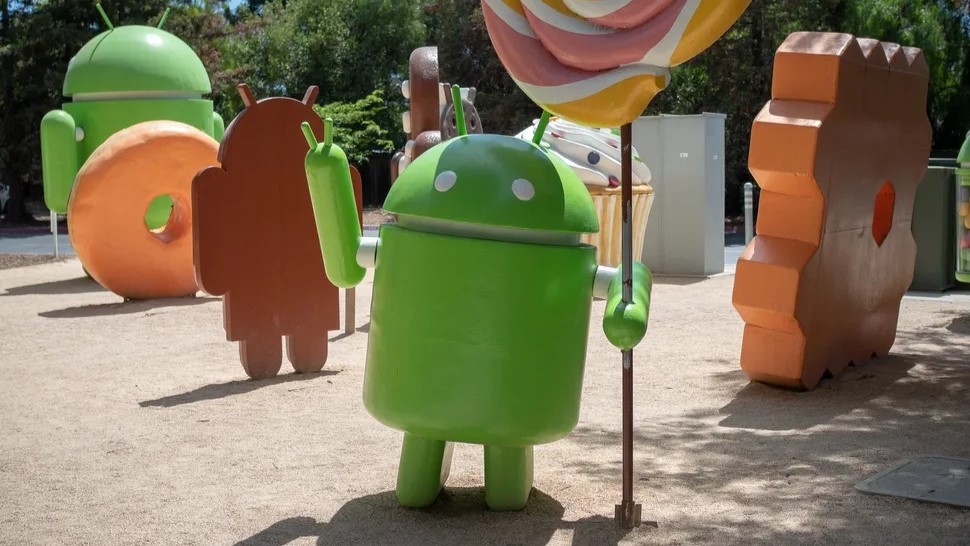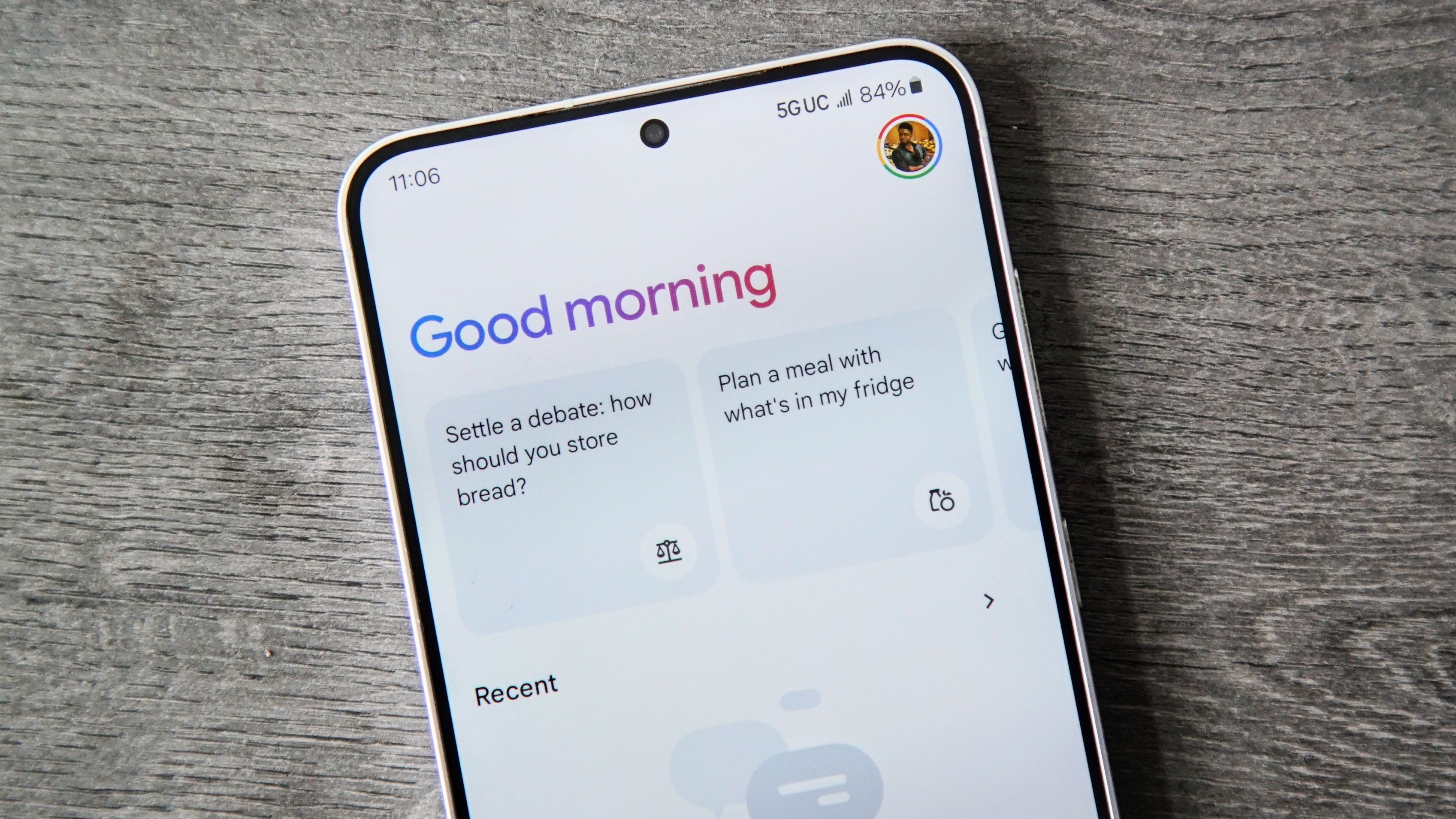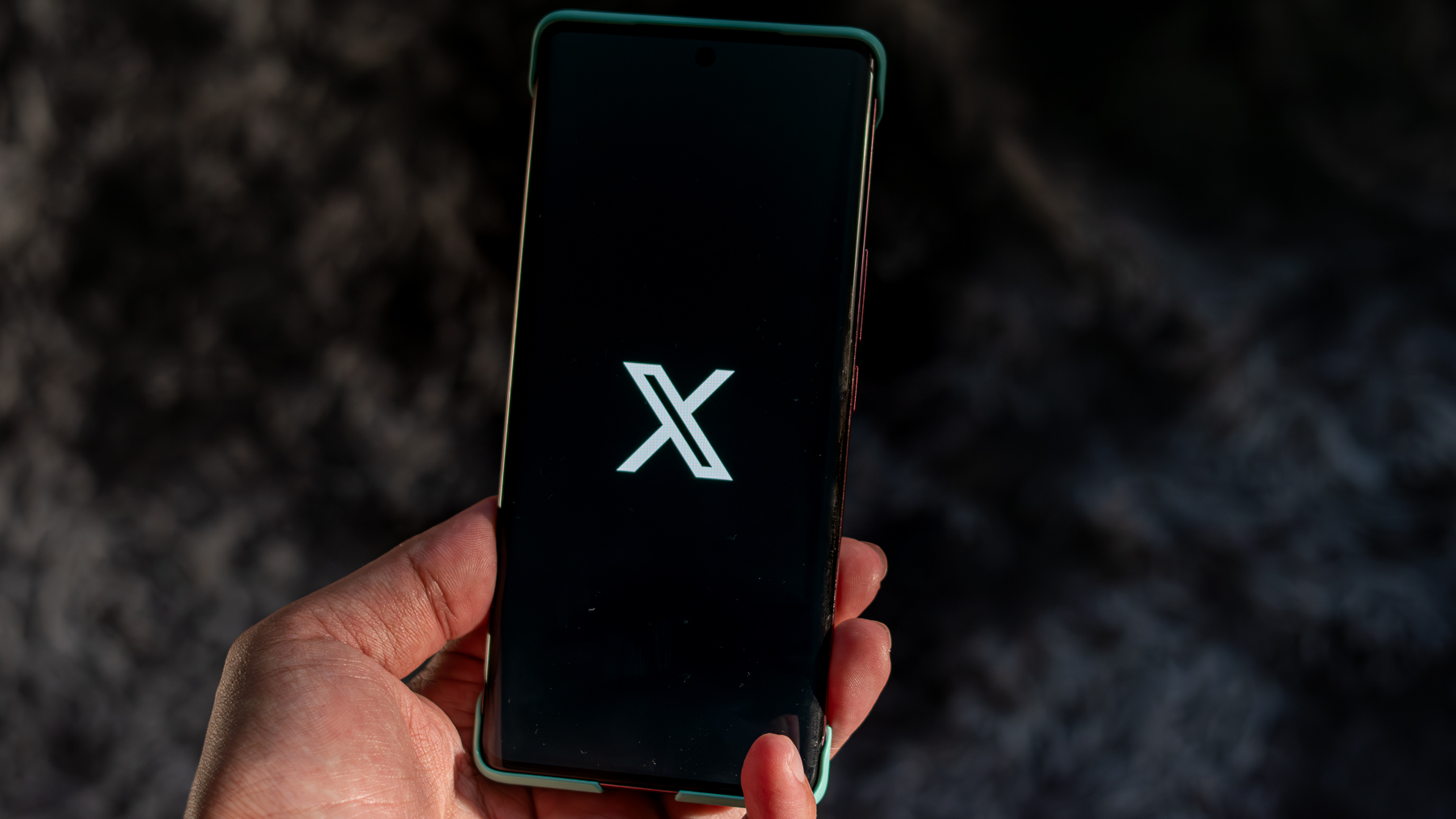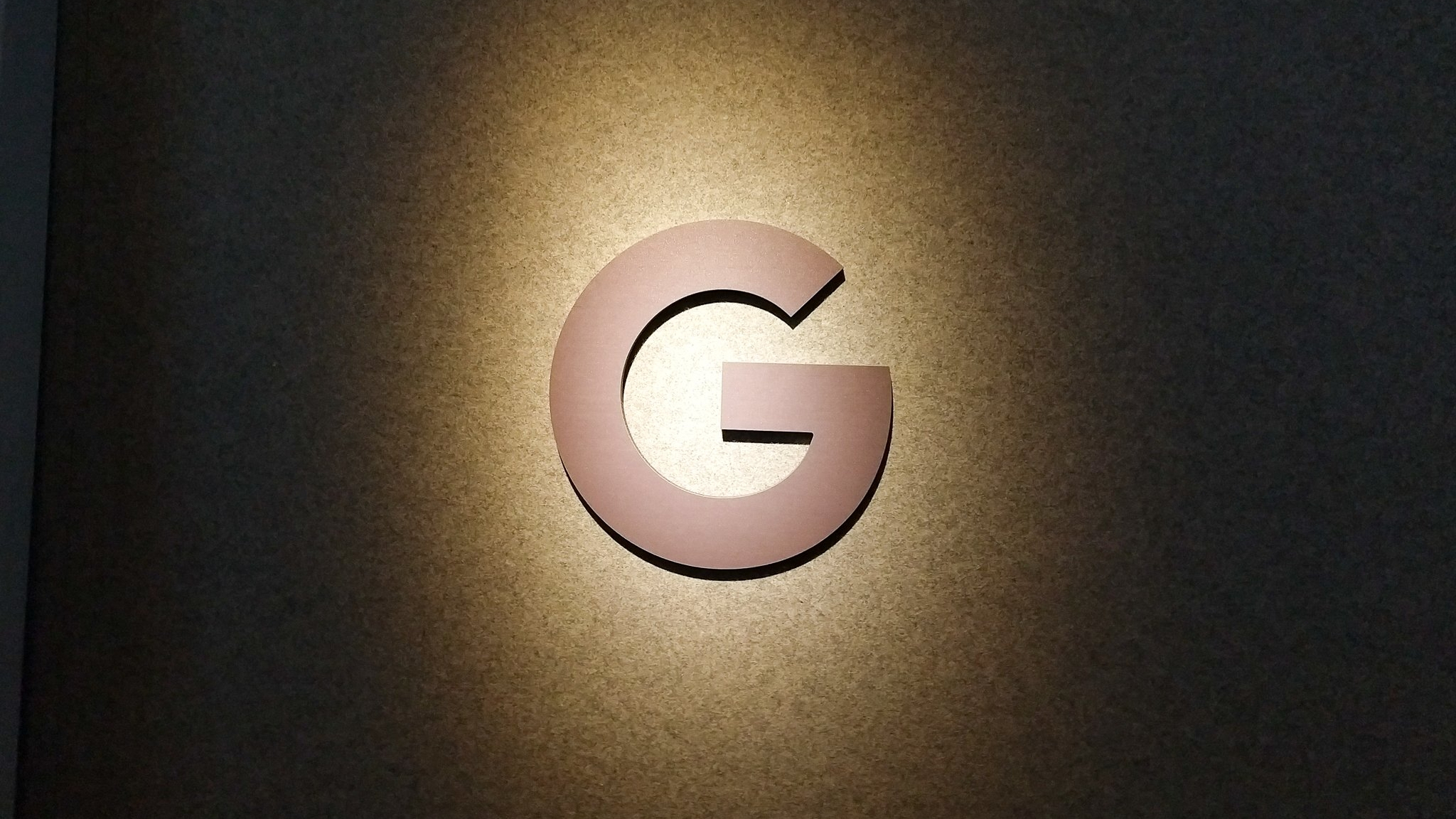Google's bullying is predictable, self-defeating, and barely justifiable
Google will put California news orgs out of business and lobotomize its AI rather than lose a small fraction of its billions in Search ad revenue.

Google is threatening to drive a knife into the heart of journalism in its home state, with the justification that greedy "media conglomerates and hedge funds" are to blame. Some of its arguments have genuine merit, but Google, which made $300 billion last year, looks more like a shameless bully than anything else.
California's Journalism Preservation Act—which would charge Google a percentage of its advertising revenue from links to California news publications—hasn't passed yet. That hasn't stopped Google from preemptively "removing links to California news websites" and "pausing further investments in the California news ecosystem," according to a sorrowful post from Google News' VP Jaffer Zaidi.
If this sounds familiar, it's because Google blocked Canadian news sites in response to a similar bill before eventually relenting with a CA$100 million payout to news organizations. It also had a similar showdown with Australia a few years back.
Google wants to nip this in the bud, showing the California State Assembly that it will happily kill California news sites to preempt this policy while pinning the blame on politicians. Because, like California's CCPA anti-cookie law, this "link tax" law would likely have nationwide implications for the internet if it succeeds (or fails) here.
Why Google is attacking its own state

Google's main stated objection to the California Journalism Preservation Act is that it already helps "publishers of all sizes grow their audiences at no cost to them." It doesn't mention the reverse, that Google's entire business strategy involves making billions off of ad revenue for content it didn't pay for.
Local news publications, losing their print revenue, became fully dependent upon Google Search. Digital ad revenue wasn't enough to remain financially independent: many joined the California Newspapers Partnership, while others got bought up by billionaires, private equity groups, or nationwide conglomerates like Hearst. And all of them slashed their newsrooms down.
Zaidi says these same organizations would "use funds from CJPA to continue to buy up local California newspapers, strip them of journalists, and create more ghost papers that operate with a skeleton crew to produce only low-cost, and often low-quality, content." If that weren't already happening today, the prospect might be scarier.
Get the latest news from Android Central, your trusted companion in the world of Android
Content farms already exist, all fighting for top placement in Google's SEO algorithm. It's typically been local journalism that loses to bigger sites that take and repackage original reporting with clickbait headlines, then rank higher on Google Search by default.
The CJPA, which requires a 70% investment of taxed funds in journalists, would presumably prevent these media groups from just taking Google's money from ghost papers for themselves. Even a pittance of Google's annual profits might keep these sites afloat, which would in turn help Google with its AI endeavors.
Instead, its no-California-websites strategy will bankrupt the few independent sources of news it has left since well-known brands like the LA Times are already struggling to survive.
Google isn't thinking long-term
Right now, Google Search typically gives its top results slot to either Sponsored ads or a Google Gemini summary that repackages data from news sites instead of the featured snippets that highlight the site with the best answer. It technically cites sources, but most are hidden in auto-closed dropdown menus.
Once AI stops hallucinating and can provide quick answers to questions, it'll mean people don't have to hunt through multiple links to find the answer—which benefits Google in the short term. The problem is that the reduced traffic will bankrupt the sites that provide that information to Google, which will lobotomize its AI in the long run.

Like any public tech company, Google's primary drive is maximizing shareholder profits. The "Killed by Google" trope became so prevalent because Google is unsentimental about casting aside projects (and its own talent), especially in recent years.
In executives' eyes, the Google News Showcase and its $1 billion investment are more than generous, and they're the ones highlighting reputable news sources as more and more people turn to video-based news sources like TikTok and Instagram.
In this context, only a law like the CJPA will motivate Google to compensate the websites that it needs to survive. Without it, Google will starve news organizations of what little revenue they have left, water down its Search results with unreliable AI data and sloppily researched newsers, and push younger generations to rely on video apps for news even more than they do now.
The *real* case against the CJPA

Beyond the virtue signaling about preserving journalism, the crux of Google's argument is buried near the end of Zaidi's post: That the CJPA in its current form "would create a level of business uncertainty that no company could accept."
Google and other aggregate sites don't want to add a new, variable operating cost to their earnings spreadsheets that might discourage shareholders from allowing them to continue linking to news sites. That's it.
A nationwide version of this bill, the Journalism Competition and Preservation Act (JCPA), prompted the ACLU to oppose it, saying that "by making platforms pay to access and display these facts, this legislation would make it harder for consumers to find news on social media, or in their search results. Platforms would likely choose not to link to news at all, or charge customers to view it."
I can certainly picture someone like Elon Musk making clickable links a Twitter Blue feature, hurting its status as a political town square for breaking news. While bigger sites like Google clearly have the money to pay news sites more, other sources might not have the same profitability to afford it. This could suppress news information in ways we can't predict.
In other words, I'm not blindly saying that the CJPA is perfect or that companies aren't justified in trying to stop it and preserve the status quo that "works" now.
The immediate human cost of this policy

I'll freely admit to my own bias as a California-based journalist. This policy wouldn't affect me personally since Android Central's parent company isn't based here. However, it would affect the Bay Area newspapers my parents still diligently read every day or the single sources of local coverage that many small California cities have.
It's a near certainty that these people will begin losing their jobs, quickly. Before coming to Android Central, our new news editor, Nandika Ravi, was displaced from her previous job after her Ontario-based employer lost 33% of its traffic thanks to Instagram, Facebook, and Google banning Canadian links, subsequently laying off one-third of its staff shortly after the policy change.
She told me that the site, which used to cover seven cities in that province, had to cut local coverage for the smaller cities to stay afloat, and that the layoffs also hit larger news organizations, meaning those laid off wouldn't find any openings elsewhere. Finding remote work in another country was her only option.
At the time, Android Central's Jerry Hildenbrand wrote that both Canada and Google were in the right: Canada had the duty to prop up struggling news publications for the sake of a healthy, informed democracy, and Google had every right to refuse to pay for content when it can share free content from elsewhere.
That said, Google has become the successful monopoly it is today, in part, thanks to a very friendly California legislature that essentially let it form its own Mountain View fiefdom. To lash out at its home state and put Californian jobs and journalism in jeopardy to try and force friendly government policy is a bad look, if nothing else.
Whatever happens, Google's willingness to worsen its search results to keep hoarding its wealth is precisely why fewer people are willing to trust Search blindly these days. No one is "feeling lucky" anymore.

Michael is Android Central's resident expert on wearables and fitness. Before joining Android Central, he freelanced for years at Techradar, Wareable, Windows Central, and Digital Trends. Channeling his love of running, he established himself as an expert on fitness watches, testing and reviewing models from Garmin, Fitbit, Samsung, Apple, COROS, Polar, Amazfit, Suunto, and more.
You must confirm your public display name before commenting
Please logout and then login again, you will then be prompted to enter your display name.
